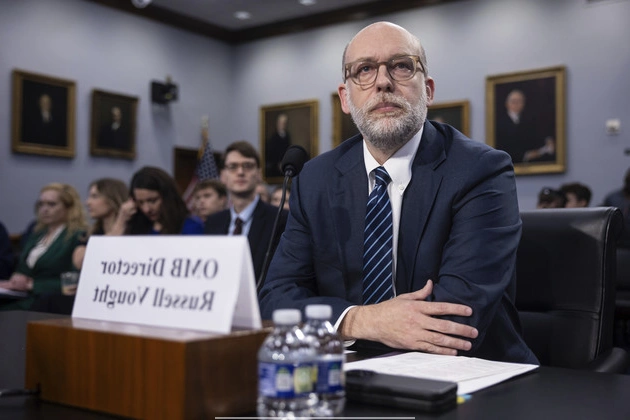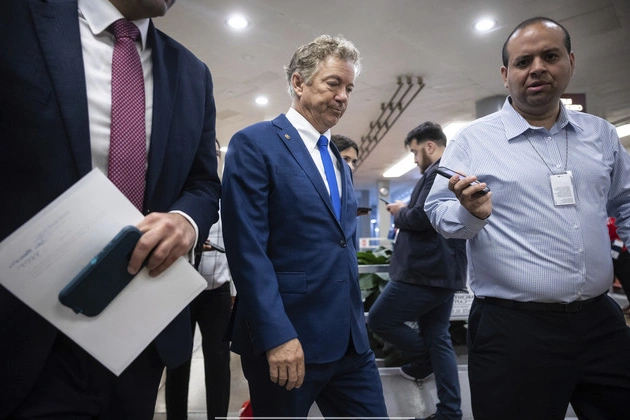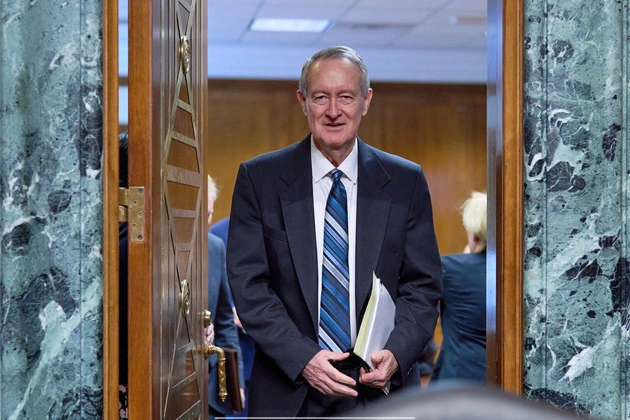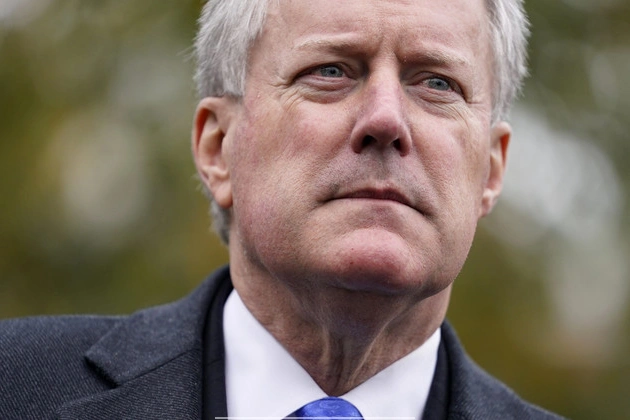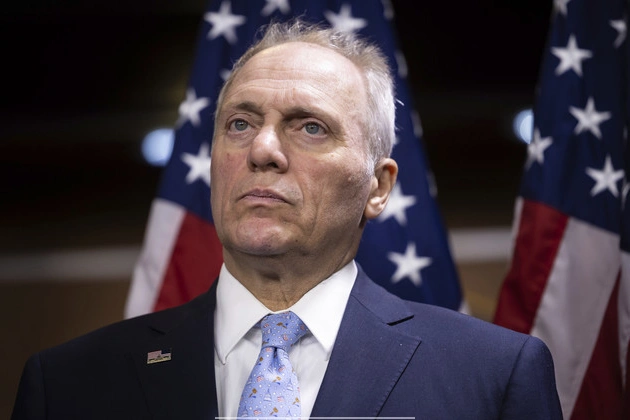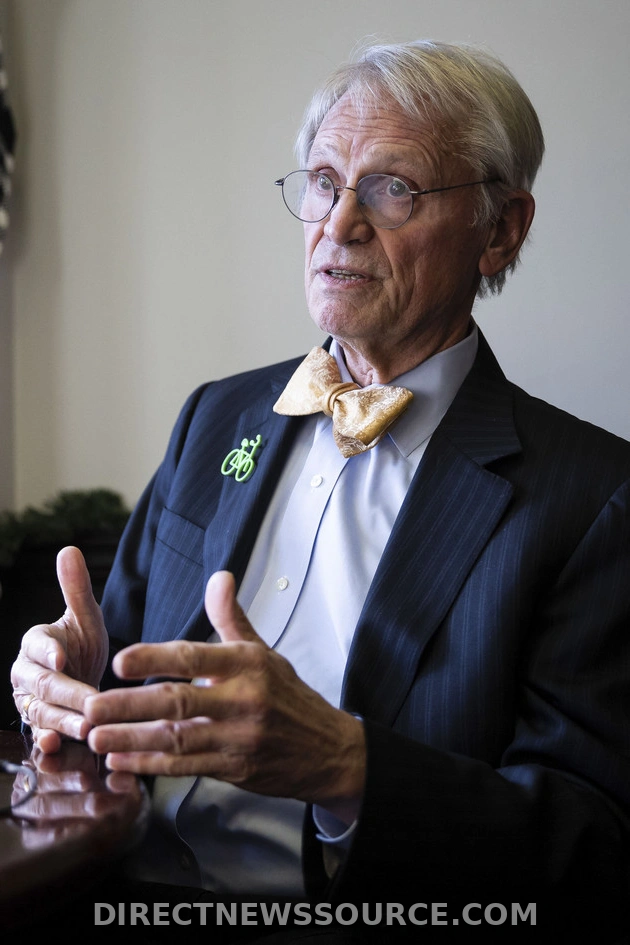
Over five decades ago, a Republican state senator made a compelling case for cannabis legalization that resonated with Earl Blumenauer, a young legislator at the time. Stafford Hansell’s comparison of the deadly effects of cigarettes and alcohol to the harmlessness of marijuana left a lasting impact on Blumenauer, setting him on a path to become a prominent advocate for cannabis reform.
Despite cannabis remaining illegal at the federal level, significant progress has been made, with more than half of Americans residing in states where adult cannabis use is legal. Blumenauer, known as the ‘cannabis czar’ for his tireless efforts during his 14 terms in Congress, has witnessed the evolution of the issue from the fringes to the mainstream.
As Blumenauer prepares to depart Capitol Hill, major shifts in federal marijuana policies are underway. President Joe Biden’s plan to ease federal restrictions on marijuana, supported by President-elect Donald Trump, marks a historic change in national drug policy. However, the void left by Blumenauer’s departure raises questions about the future of cannabis advocacy in Congress.
While many lawmakers now back the relaxation of federal marijuana laws, few are as dedicated to the cause as Blumenauer. The cannabis industry, valued at $30 billion, faces unresolved challenges such as limited banking access and regulations on hemp products, necessitating bipartisan cooperation for policy advancements.
Blumenauer’s journey as a leading voice for marijuana legalization began gradually, culminating in receiving recognition from The National Organization for the Reform of Marijuana Laws in 2010. His meticulous approach to cannabis policy, evident in detailed memos and strategic planning, set the tone for Congress’s engagement with the issue.
Through initiatives like the cannabis working group, Blumenauer fostered collaboration and dialogue among lawmakers, advocates, and industry representatives. His inclusive approach, seeking common ground to drive legislative action, was instrumental in advancing cannabis reform.
Blumenauer’s advocacy extended across party lines, forging unlikely partnerships to further the cause. His ability to engage with colleagues like Rep. Andy Harris, known for his opposition to cannabis legislation, exemplified Blumenauer’s strategic and persuasive tactics.
As Blumenauer passes the torch to the next generation of cannabis advocates in Congress, the future of cannabis policy remains uncertain. The Congressional Cannabis Caucus, now under new leadership, faces challenges in maintaining unity and momentum without Blumenauer’s guiding presence.
Despite his departure, Blumenauer’s legacy as a dedicated champion for cannabis reform endures. His impact on shaping cannabis policy and fostering bipartisan cooperation serves as a foundation for ongoing efforts in Congress.
Blumenauer’s departure prompts reflections on the future of cannabis advocacy in Congress and the importance of continuity in advancing meaningful policy changes. His departure leaves a void that will require a concerted effort from lawmakers to uphold his legacy and drive progress in cannabis reform.






